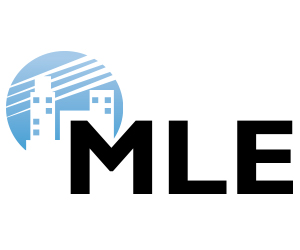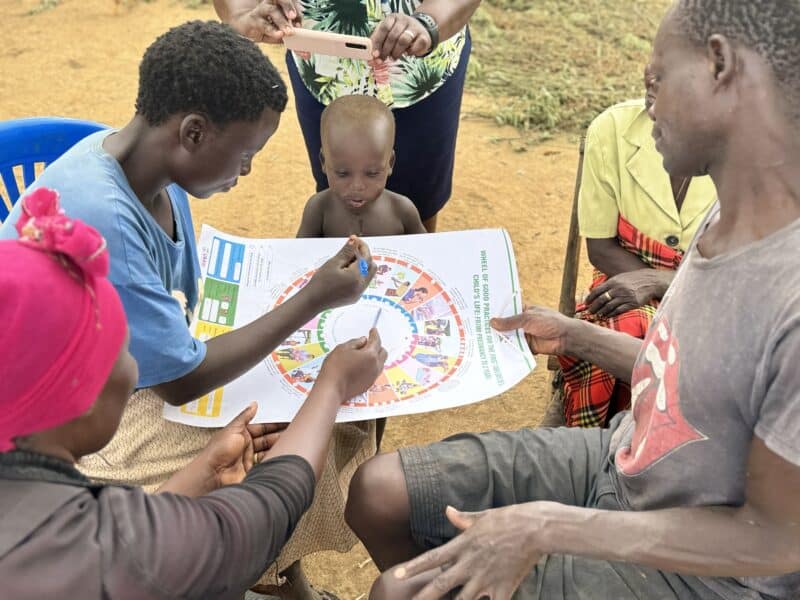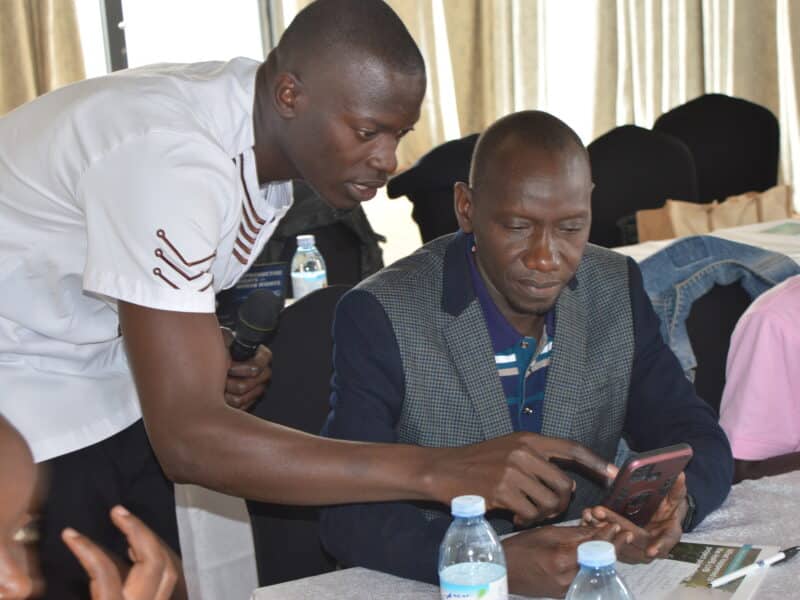The Measurement, Learning & Evaluation (MLE) project announces the video production Urban Lives Changed, a seven-minute video about urban family planning and what works in family planning program interventions.
This compelling video illustrates the importance of securing access for high-quality voluntary family planning products and increasing client demand for family planning services in urban settings. Half of the world’s population now lives in urban areas and almost all global population growth will occur in towns and cities in developing countries over the coming decades.
Beverly Tucker, Operations Deputy Director of the MLE Project at the Carolina Population Center at the University of North Carolina at Chapel Hill, oversaw the production of the Urban Lives Changed video. The video is directed by the Johns Hopkins Bloomberg School of Public Health Center for Communication Program’s Knowledge Management Director Kirsten Böse and MLE Project Knowledge Management Manager Libby Skolnik.
Tucker states, “On the eve of the London Summit, this video plays a critical role in helping to make the case for increasing resources, improving policies and raising the visibility of family planning in urban settings on the global agenda.”
The video is available on both the MLE website, as well as the MLE YouTube channel. The script was inspired by the article What Works in Family Planning: A Systematic Review written by MLE and published in the journal Studies in Family Planning in June 2011.
Today, two hundred million women worldwide have an unmet need for family planning because of lack of access or affordability. On 11 July, the Gates Foundation and the Government of the UK will convene The London Summit on Family Planning which aims to make available affordable contraceptives to 120 million additional women by 2020 by gaining commitment of $4.3 billion over eight years.
This is a significant shift in the trend line that Melinda Gates recognizes as ambitious but realistic and doable. The summit’s vision is to achieve global equity of access to contraceptives. The Gates Foundation estimates that adding these new contraceptive users will reduce unintended pregnancies by 67% (to 26 million a year compared to the current 80 million); save over 75,000 women’s lives by reducing maternal mortality by 27% and also reduce infant deaths by 19%. These are ambitious targets, but the Gates Foundation believes they are achievable with the renewed global commitment to ensuring access to modern family planning services.
This multimedia presentation was made possible by support from the Bill & Melinda Gates Foundation under terms of the Measurement, Learning & Evaluation (MLE) Project for the Urban Reproductive Health Initiative. The MLE Project is the evaluation component of the Urban Reproductive Health Initiative (Urban RH Initiative), a multi-country program in India, Kenya, Nigeria and Senegal that aims to improve the health of the urban poor. The goal of the MLE project is to promote evidence-based decision-making in the design of integrated family planning and reproductive health interventions for the Urban RH Initiative.
The MLE Project is implemented by the Carolina Population Center at the University of North Carolina at Chapel Hill, in partnership with the African Population and Health Research Center, the International Center for Research on Women and the Johns Hopkins Bloomberg School of Public Health Center for Communication Programs.
The Carolina Population Center, based at the University of North Carolina at Chapel Hill, is a community of outstanding scholars and professionals associated to promote research to benefit world populations; train the next generation of population scholars; build skills, capacity and improved methodologies; and disseminate data and findings to population professionals, policymakers and the public.
The African Population and Health Research Center (APHRC) is a nonprofit, nongovernmental international organization committed to conducting high-quality and policy-relevant research on population and health issues facing sub-Saharan Africa. APHRC contributes to science through high-impact research projects and publications, informs policy decisions with research evidence and strengthens research capacity in sub-Saharan Africa.
The International Center for Research on Women (ICRW)’s mission is to empower women, advance gender equality and fight poverty in the developing world. To accomplish this, ICRW works with partners to conduct empirical research, build capacity and advocate for evidence-based, practical ways to change policies and programs.
The Johns Hopkins Bloomberg School of Public Health Center for Communication Programs (JHU∙CCP) advances the science and art of strategic communication to improve health and save lives. JHU∙CCP partners with organizations to design and implement communication programs that influence dialogue, action and behavior; enhance access to information and the exchange of knowledge that improves health; and conduct research to guide program design, evaluate impact and advance knowledge in health communication.
The views expressed in the video do not necessarily reflect the views of the donor, the Bill & Melinda Gates Foundation.





